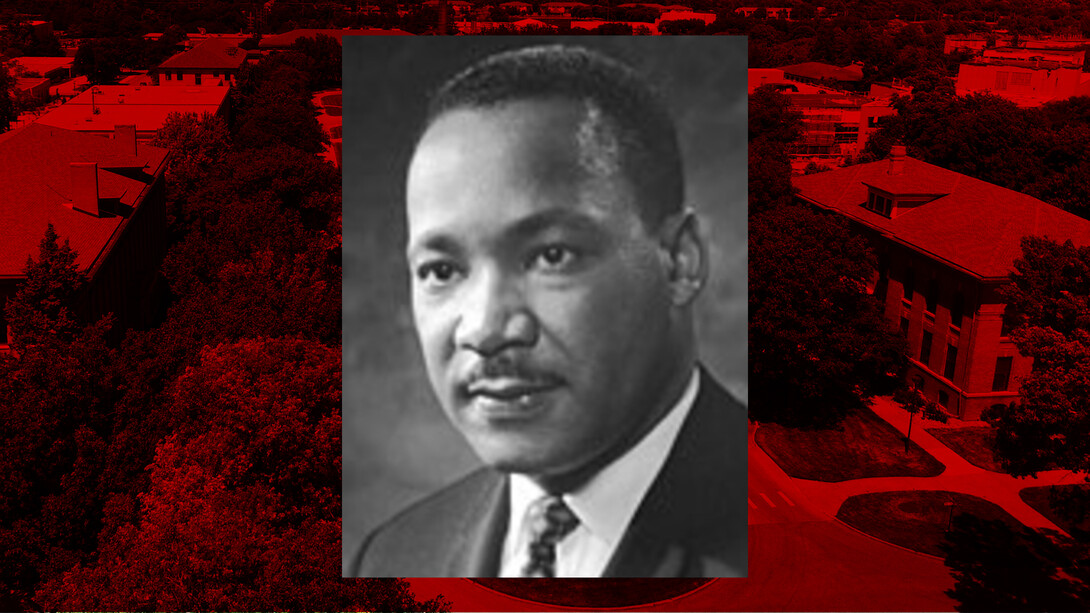
Dear IANR students, staff, and faculty,
Each year, for as long as I have been a university administrator, I have shared a message on Martin Luther King Jr. Day. I have quoted excerpts from speeches and sermons and reflected on his legacy of activism, inclusion and peace. Never in my life has the observance of this day felt as important and timely, and never have Dr. King’s words felt more relevant.
We begin 2021 in the midst of a global pandemic, in a country divided and reckoning with longstanding and systemic inequities based largely on the color of one’s skin. These inequities extend to our state, our community, our university and our own campus. Many of these inequities are the same ones that Dr. King fought with his words and his activism before his death nearly 53 years ago.
The tragic and senseless deaths of Ahmaud Arbery, Breonna Taylor, George Floyd, and Rayshard Brooks, and the protests, demonstrations and dialogue that followed, spurred educational institutions – including ours – to take a hard look at our commitment and barriers to promoting racial justice and our capacity to eliminate systemic racism.
As I was preparing for this year’s message, I found these words written by a then 18-year old Dr. King, as part of an essay entitled ‘The Purpose of Education’ for the Morehouse College student newspaper:
‘Education must enable one to sift and weigh evidence, to discern the true from the false, the real from the unreal, and the facts from the fiction.’
These words ring as true today as they did when first penned. But now they have a new more urgent resonance, punctuated by overt displays of racist and antisemitic hate speech, the dissemination of misinformation, alternative facts, and conspiracy theories and a waning trust in science. In this same piece, Dr. King goes on to say that colleges and universities can and must play a greater role than simply equipping students with the ability to make thoughtful, informed decisions about what is true and what is false.
‘We must remember that intelligence is not enough. Intelligence plus character--that is the goal of true education. The complete education gives one not only power of concentration, but worthy objectives upon which to concentrate. The broad education will, therefore, transmit to one not only the accumulated knowledge of the race but also the accumulated experience of social living.’
In this paragraph, I believe Dr. King captures exactly why so many of us are at UNL. We all want to learn and to teach and to discover, and we want to put that learning and teaching and discovery to good use – not just for personal growth and gain, but for the greater good of society, and not just through our creative works and scholarship, but through how we treat each other, the things we say, the ideas we lift up, and the examples we set for those that follow.
The past year has revealed a number of worthy objectives upon which to concentrate. Among the most vital of those is creating a more inclusive IANR. You can learn more about our efforts, make suggestions, and offer other input here.
Even after its tumultuous beginning, I believe 2021 will be a year of hope, healing and progress. I encourage you to attend UNL’s MLK Week events, including an event with Dr. Bernice A. King on January 28th. And I encourage you to take some time today to read Dr. King’s words, and to reflect on where we are as we strive to make to make IANR, our university, our nation and our world a better place.







